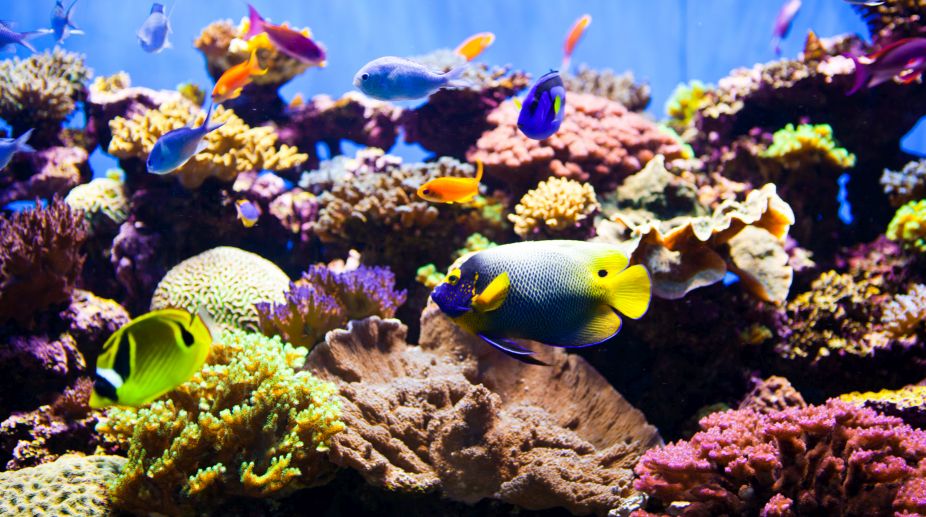The significance of temperature in determining where different fish species are located is demonstrated through an examination spanning from southern Portugal to northern Norway.
As a result of the study’s confirmation that temperature is a major factor in the large-scale geographic variation in fish assemblages, it is now possible to utilise climate projections to determine where specific species will be most prevalent by 2050 and 2100. The findings demonstrate that generally speaking, regions with greater warming are projected to have the largest changes at the community level, with the consequences being more evident further north – at higher latitudes. The study was the first of its kind to use data from fisheries surveys over such a wide area to assess how environmental variation drives species distributions. The study included 198 marine fish species from 23 surveys and 31,502 samples collected by fisheries scientists between 2005 and 2018.
Advertisement
Martin Genner, Professor of Evolutionary Ecology at the University of Bristol’s School of Biological Sciences, who guided the research, said, “This unique study brings together fisheries survey data from across this vitally important marine ecosystem. Using this information, we are able to conclusively demonstrate the broad-scale importance of sea temperature in controlling how fish communities assemble.”
Louise Rutterford, lead author of the study that was conducted at both Bristol and Exeter Universities said, “The team’s analysis showed how temperature proved to be the most critical variable for determining where species are found, with water depth and salinity also being important factors. This enabled us to use predictive models to learn more about how fish will respond to climate warming over the coming decades.”
Professor Steve Simpson, who supervised the research, added, “The study adds to a growing body of evidence indicating that future climate-driven warming will lead to widespread changes in fish communities, potentially resulting in changes to the catches of commercial fisheries across the region.”
















